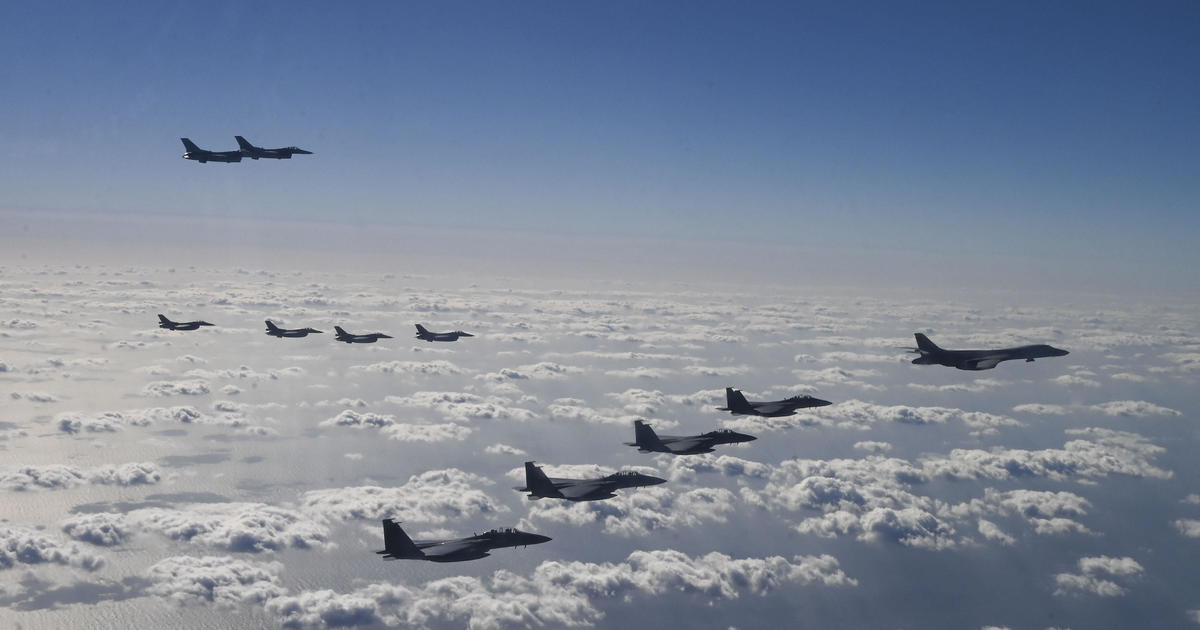Summary
South Korea scrambled fighter jets as five Chinese and six Russian warplanes entered its air defense identification zone (KADIZ) on Friday, though they did not breach national airspace.
The incursion, part of joint Chinese-Russian military drills, occurred near the contested Dokdo islands and lasted over four hours.
South Korea condemned the unannounced flights, calling for measures to prevent escalation.
Similar incidents have increased since 2019, reflecting deepening China-Russia defense ties amid tensions with the U.S., South Korea, and Japan.
This follows other global airspace incidents involving Russian and Chinese forces.



War is another major economy driver, so no - it would not “crush” their economy. If you think in the current Internet age the Chinese government can be organized against so easily that it’ll be overthrown by their own people, then you know so little about China that further discussion on this topic with you is a complete waste of time.
So you think war has made Russias economy better? That’s the most modern example, show me.
Edit; the truth is temporary government money creates prosperity, long term, kills the economy
Oversimplification:
it depends on what that gov’t money’s in, doesn’t it?
Education, properly-done, pays back many times over.
Corruption-removal does, too.
Trustworthy-infrastructure does, too.
Eradicating economic-waste, through effective regulation, does, too…
( ever heard of a sloppy-engineered, sloppy-configured, sloppy-built race-engine winning a NASCAR race?
No?
Only the tightest-regulated engines CAN compete at the top?
It’s the same with rightly regulated economies: efficient, quick, agile, low-waste, instant-accountability, low-corruption, low-lossage, etc.
IT’S THE SAME PRINCIPLE.
I cannot understand why sooo many people reject that tightly-regulated race-engines win, & for the same principle/reason … tightly-regulated-in-the-right-way economies win in the world-economy.
Ideology apparently prevents many from knowing the meaning, that is true, but good grief, it’s obvious-as-hell, once seen, isn’t it?
The tightest-economy has to be better than the sludge-corruption-and-inertia-economy, right?
whatever… )
( :
_ /\ _